Veterinarians are essential in the horse racing industry, tasked with safeguarding the health of equine athletes. They conduct thorough pre-race examinations to detect any health concerns. During races, they continuously monitor horses for signs of distress. Post-race, veterinarians provide rehabilitation and nutritional support to ensure recovery. However, they face numerous challenges within this high-stakes environment. Understanding these complexities reveals the profound impact veterinarians have on both the sport and the welfare of racehorses.
The Importance of Pre-Race Veterinary Examinations
Pre-race veterinary examinations serve as a critical safeguard in the world of horse racing, ensuring the health and safety of equine athletes.
These pre-race protocols prioritize injury prevention by identifying potential health issues before horses compete.
Veterinarians assess each horse’s physical condition, promoting not only the welfare of the athletes but also the integrity of the sport, allowing for a fair and humane racing environment.
Ongoing Health Monitoring During Races
Following the thorough pre-race veterinary examinations, ongoing health monitoring during races becomes imperative to ensure the continued well-being of the horses.
Adhering to race day protocols, veterinarians and staff continuously observe the horses for signs of distress or injury.
This vigilant monitoring is crucial for injury prevention, allowing for immediate intervention if necessary, thereby safeguarding the horses’ health and promoting a humane racing environment.
See also: Horse Racing and the Role of Trainers and Jockeys
Post-Race Care and Rehabilitation
Post-race care and rehabilitation play a critical role in the overall health and recovery of racehorses.
Effective post-race recovery involves various rehabilitation techniques, such as physical therapy, cold therapy, and nutritional support, tailored to each horse’s needs.
These measures not only aid in healing injuries but also enhance overall well-being, allowing horses to return to training healthier and more resilient.
Challenges Faced by Equine Veterinarians in the Industry
While equine veterinarians play a vital role in maintaining the health and performance of racehorses, they face numerous challenges that can complicate their efforts.
Stress management is critical, as high-pressure environments often lead to burnout.
Additionally, injury prevention requires constant vigilance and innovative strategies to address the unique physical demands placed on these athletes, highlighting the need for ongoing education and adaptability in the field.
Conclusion
In the dynamic world of horse racing, veterinarians serve as steadfast guardians of equine welfare. Their meticulous pre-race examinations, vigilant monitoring during races, and dedicated post-race care underscore a commitment to both athlete health and sport integrity. Despite facing modern challenges akin to navigating a chariot through a crowded arena, these professionals continue to promote humane practices and ensure the vitality of racehorses. Ultimately, their role is vital in preserving the honor and longevity of this ancient sport.
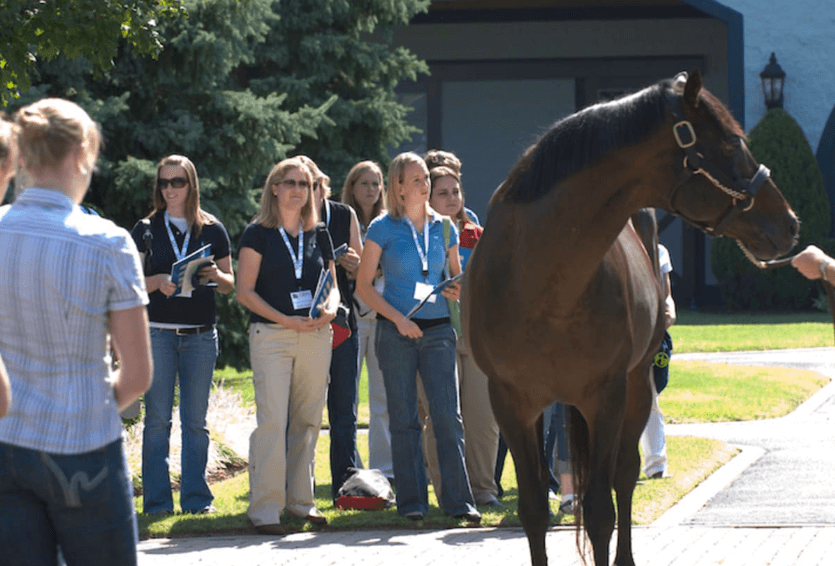
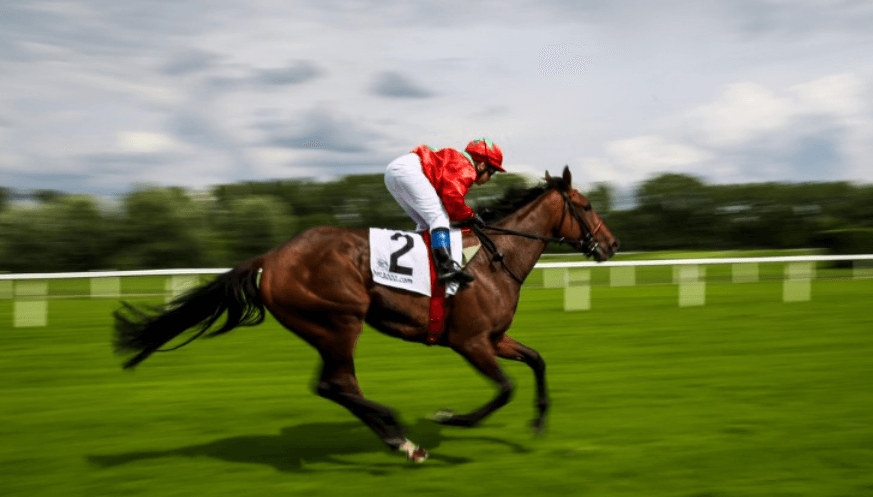
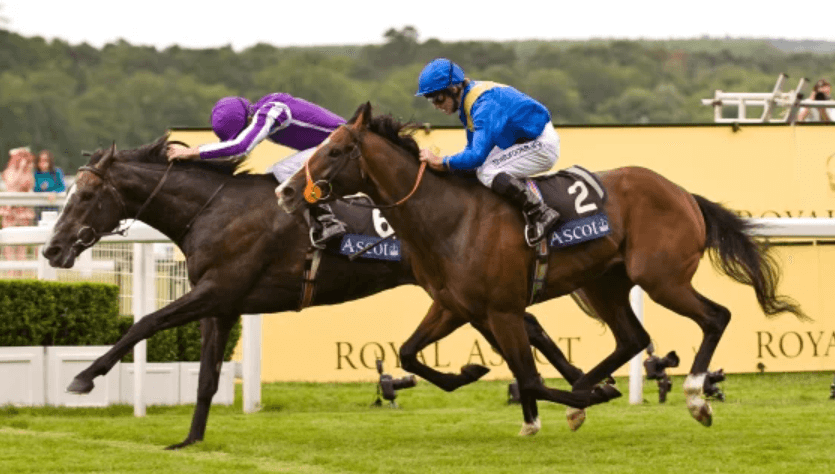
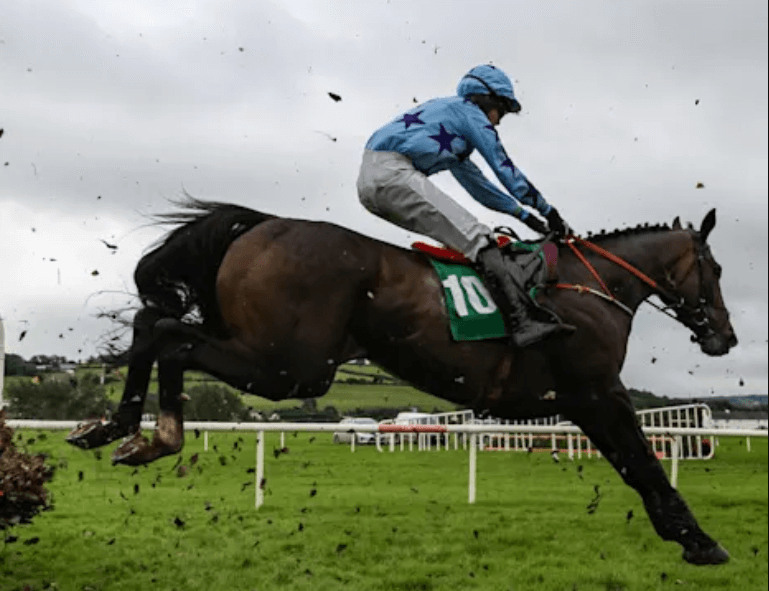
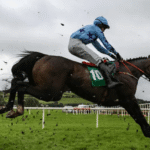 Horse Racing and the Role of Veterinarians in the Sport
Horse Racing and the Role of Veterinarians in the Sport